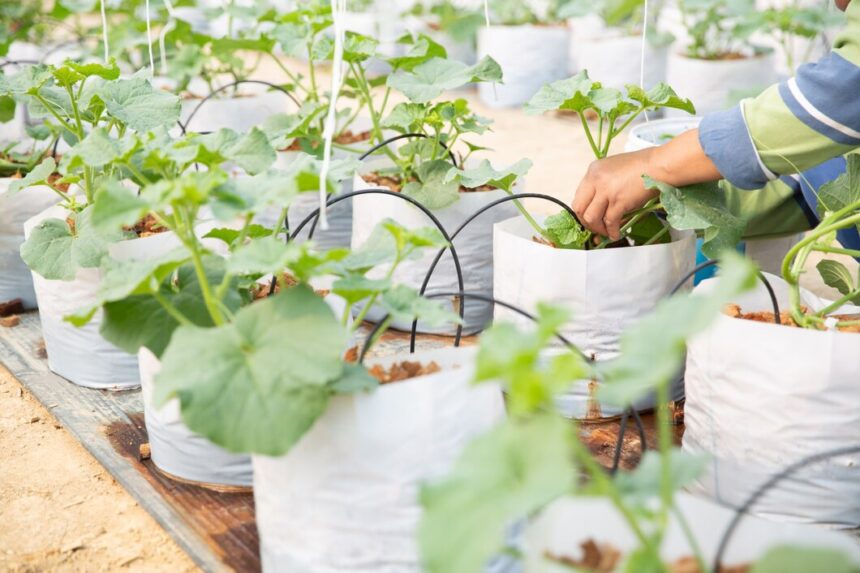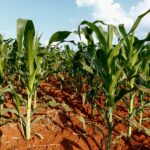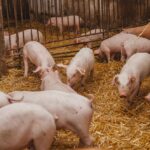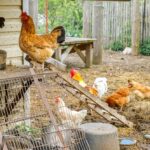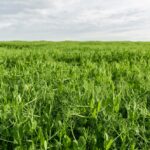Water scarcity is a significant challenge faced by South African farmers, making efficient irrigation practices crucial for sustainable agriculture. By adopting best irrigation practices, farmers can conserve water, enhance crop yields, and mitigate environmental impacts. Here are key strategies to consider:
- Use of Drip Irrigation: Drip irrigation delivers water directly to the roots of plants, minimizing evaporation and runoff. It is highly efficient, with water savings of up to 50% compared to traditional irrigation methods. Drip systems are particularly beneficial for orchards, vineyards, and vegetable crops.
- Implementing Mulching Techniques: Mulching involves covering the soil around plants with organic materials like straw or plastic sheets. Mulch reduces evaporation, maintains soil moisture, and suppresses weed growth, thereby reducing the need for frequent irrigation.
- Adopting Precision Irrigation Technologies: Utilize technologies such as soil moisture sensors and weather-based irrigation controllers. These tools provide real-time data on soil moisture levels and weather conditions, allowing farmers to schedule irrigation events based on actual plant water needs.
- Practicing Controlled Traffic Farming: Controlled traffic farming involves restricting heavy machinery to specific traffic lanes, minimizing soil compaction and improving water infiltration rates. Improved soil structure enhances water retention capacity and reduces irrigation requirements.
- Optimizing Irrigation Scheduling: Develop irrigation schedules based on crop growth stages, soil type, and local climate conditions. Avoid overwatering by monitoring soil moisture levels and adjusting irrigation frequency and duration accordingly.
- Applying Efficient Water Distribution Methods: Ensure irrigation systems are properly designed, maintained, and regularly inspected for leaks or inefficiencies. Upgrade to energy-efficient pumps and use pressure regulators to deliver water uniformly across the field.
- Practicing Furrow Irrigation Management: For crops suited to furrow irrigation, manage water flow carefully to minimize runoff and ensure uniform water distribution. Use check dams and terraces to control water movement and reduce soil erosion.
- Implementing Rainwater Harvesting Systems: Capture and store rainwater for irrigation purposes during the rainy season. Install reservoirs, ponds, or tanks to store harvested water, supplementing irrigation needs during dry periods and reducing reliance on groundwater.
- Promoting Crop Rotation and Cover Cropping: Rotate crops and plant cover crops during fallow periods to improve soil structure and moisture retention. Cover crops protect soil from erosion, enhance organic matter content, and reduce irrigation demand for subsequent crops.
- Educating Farm Workers on Water Conservation: Train farm workers on the importance of water conservation practices and proper irrigation techniques. Encourage a culture of water stewardship and responsible resource management on the farm.
In conclusion, adopting best irrigation practices is essential for South African farmers to sustainably manage water resources amid increasing water scarcity and climate variability. By integrating these practices into farm management strategies, farmers can improve water use efficiency, conserve natural resources, and enhance agricultural productivity in the long term.
Join 'Farmers Mag' WhatsApp Channel
Get the latest Farming news and tips delivered straight to your WhatsApp
CLICK HERE TO JOIN
